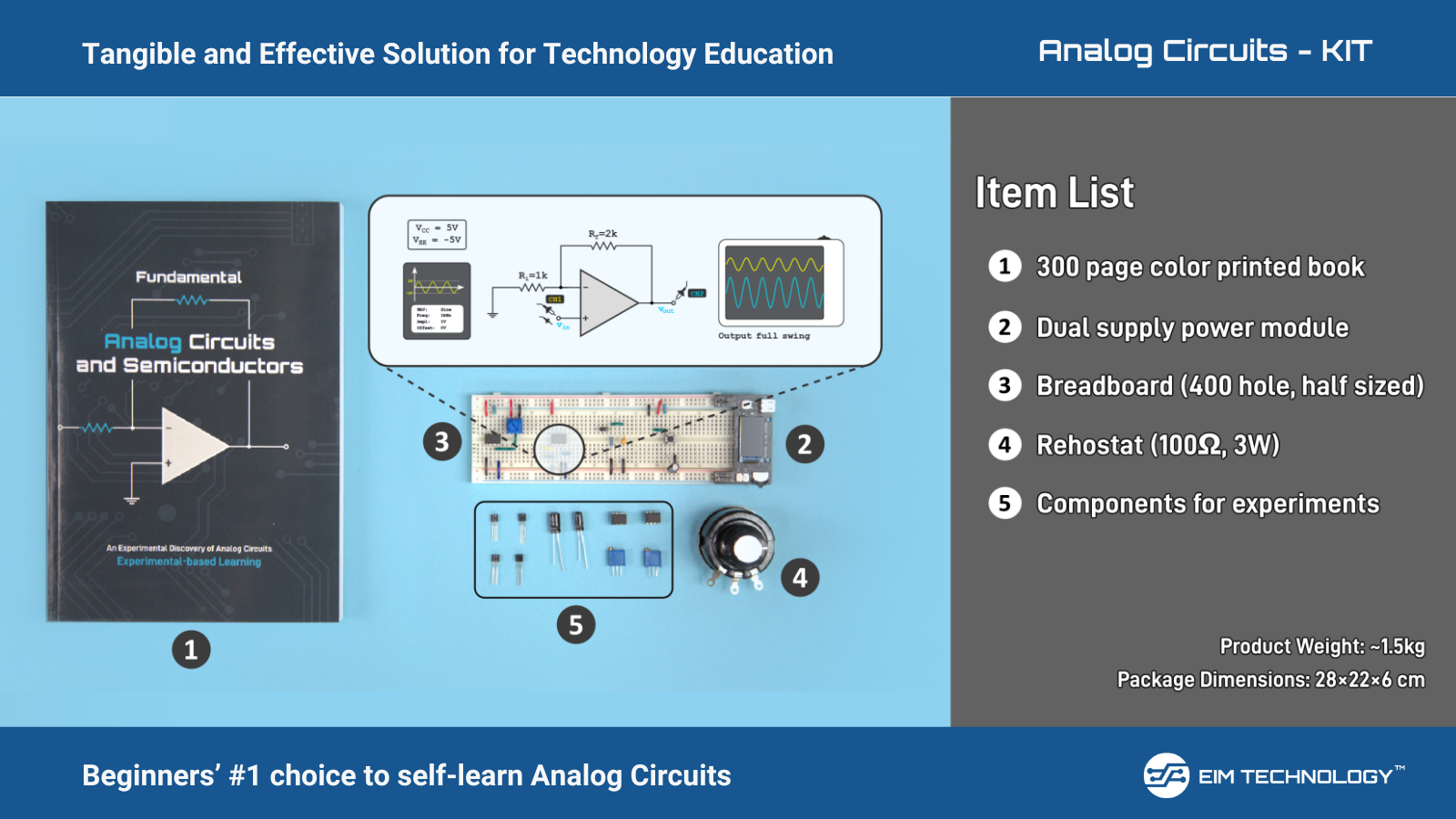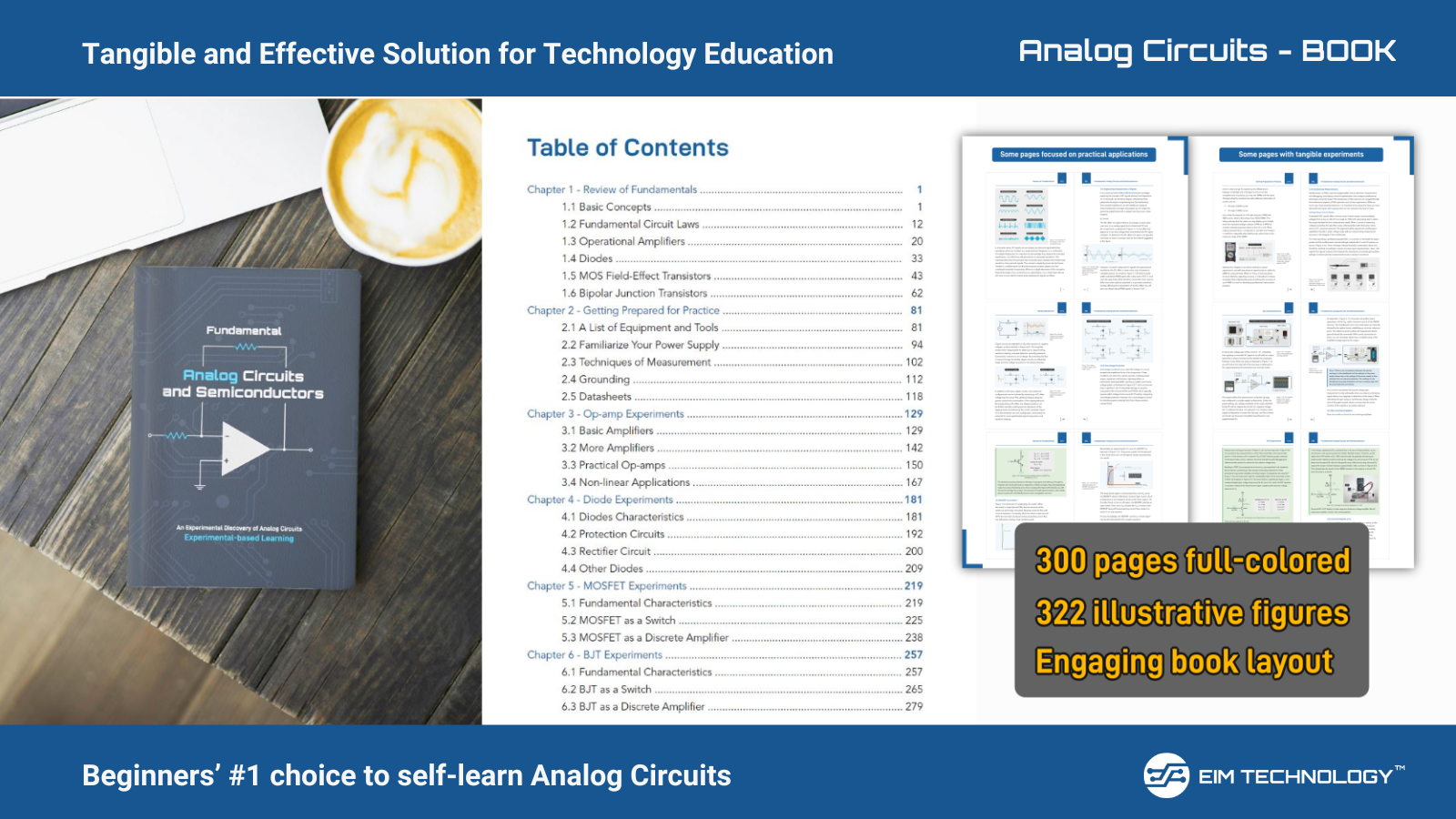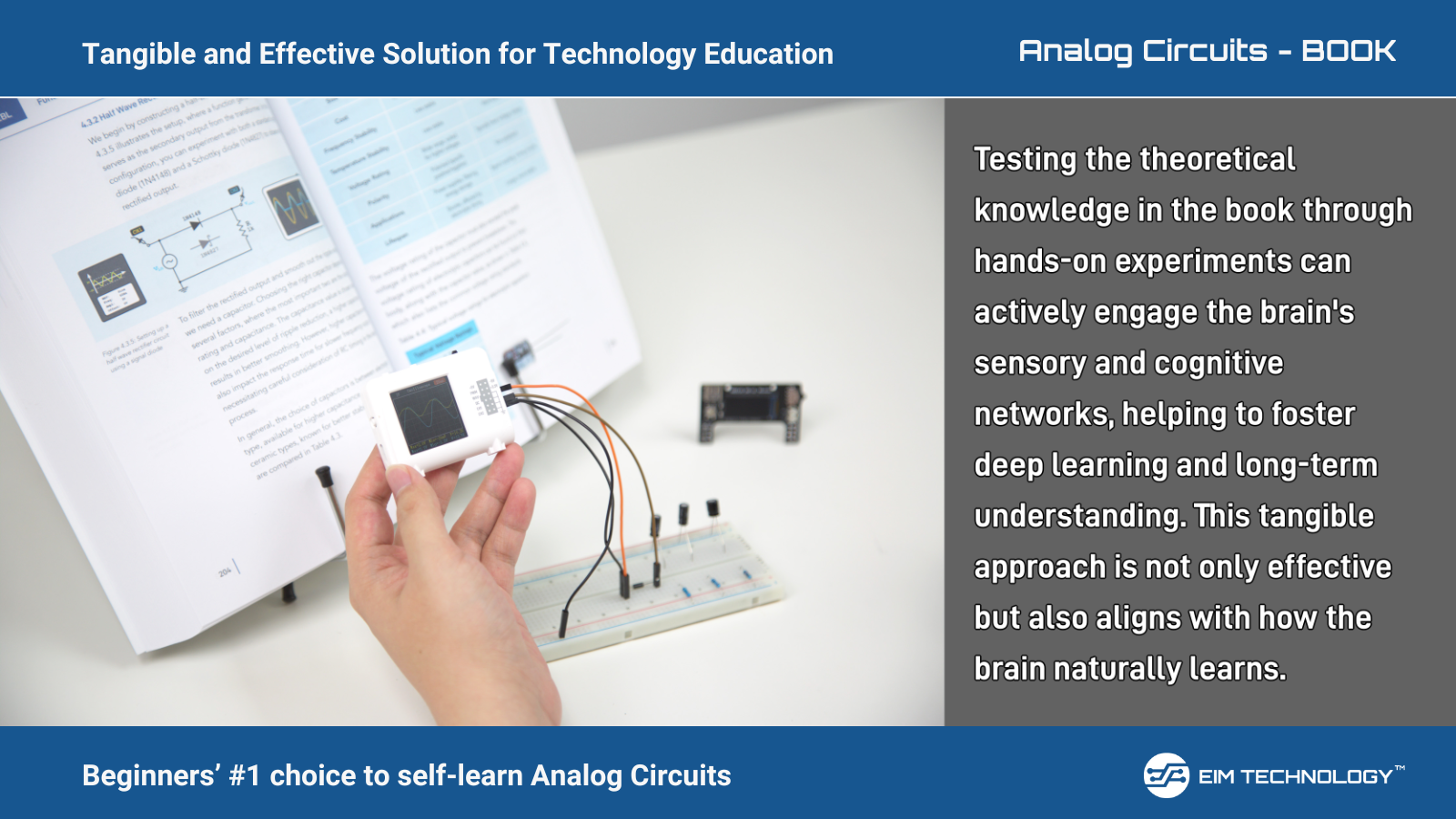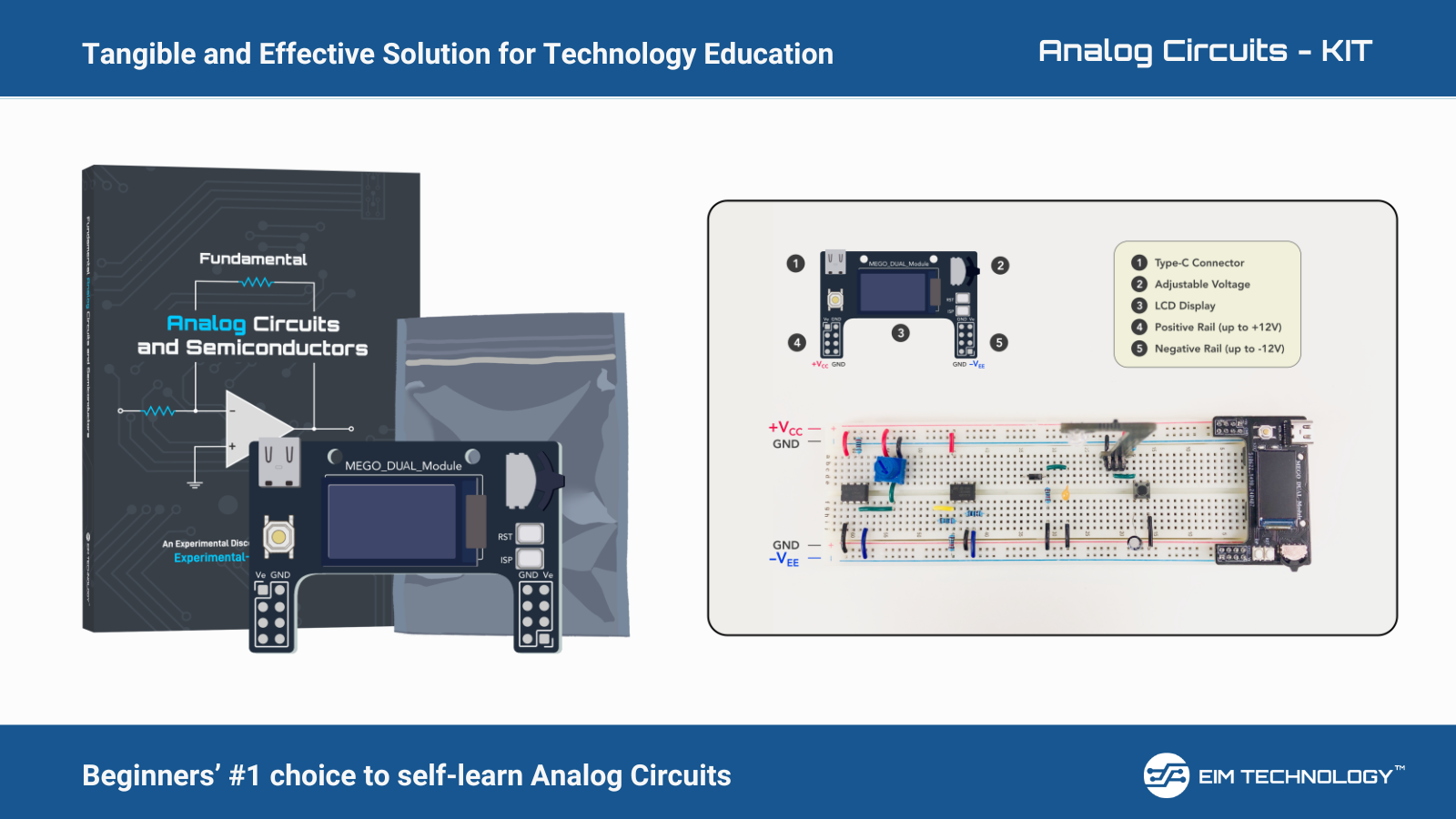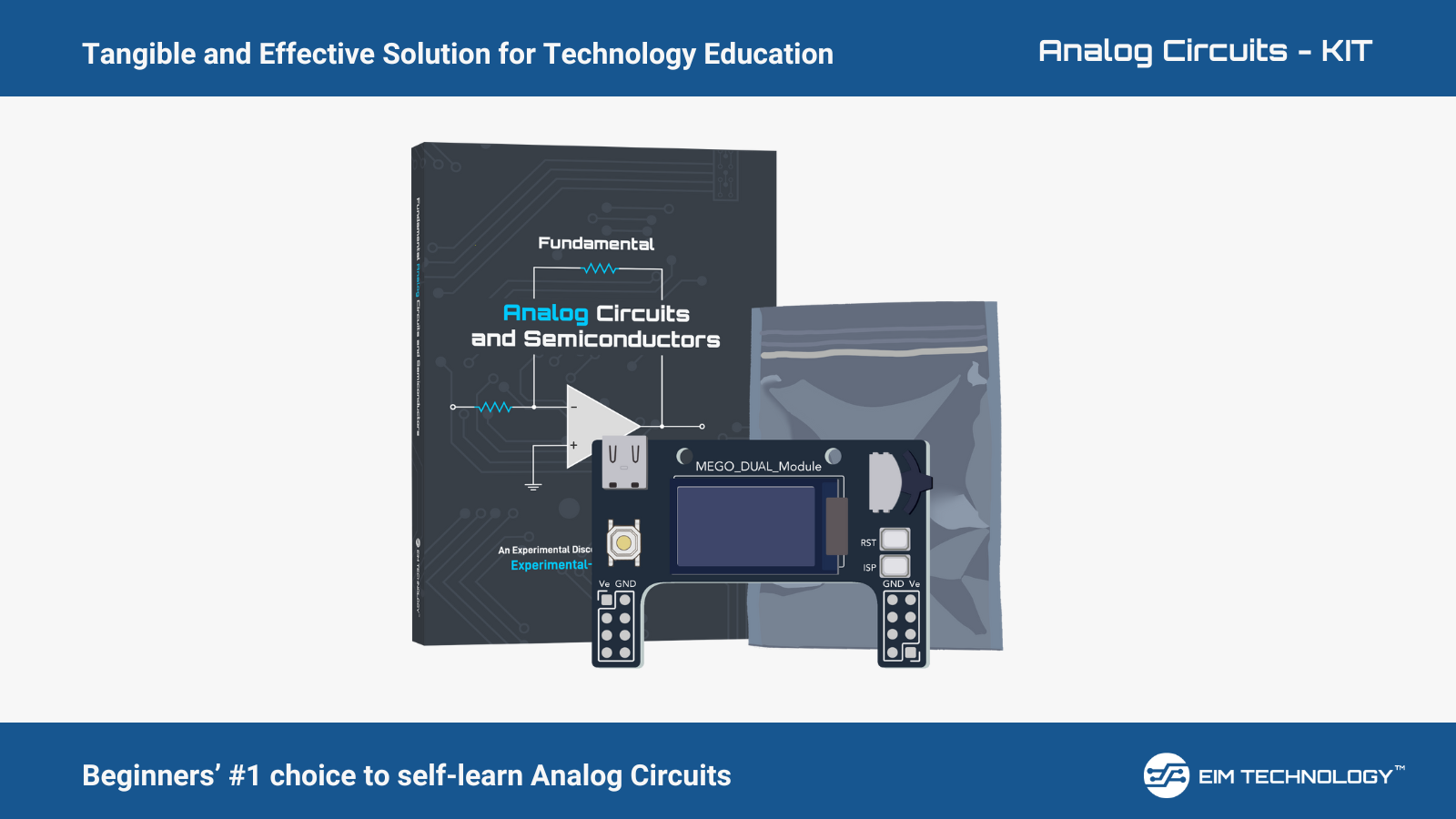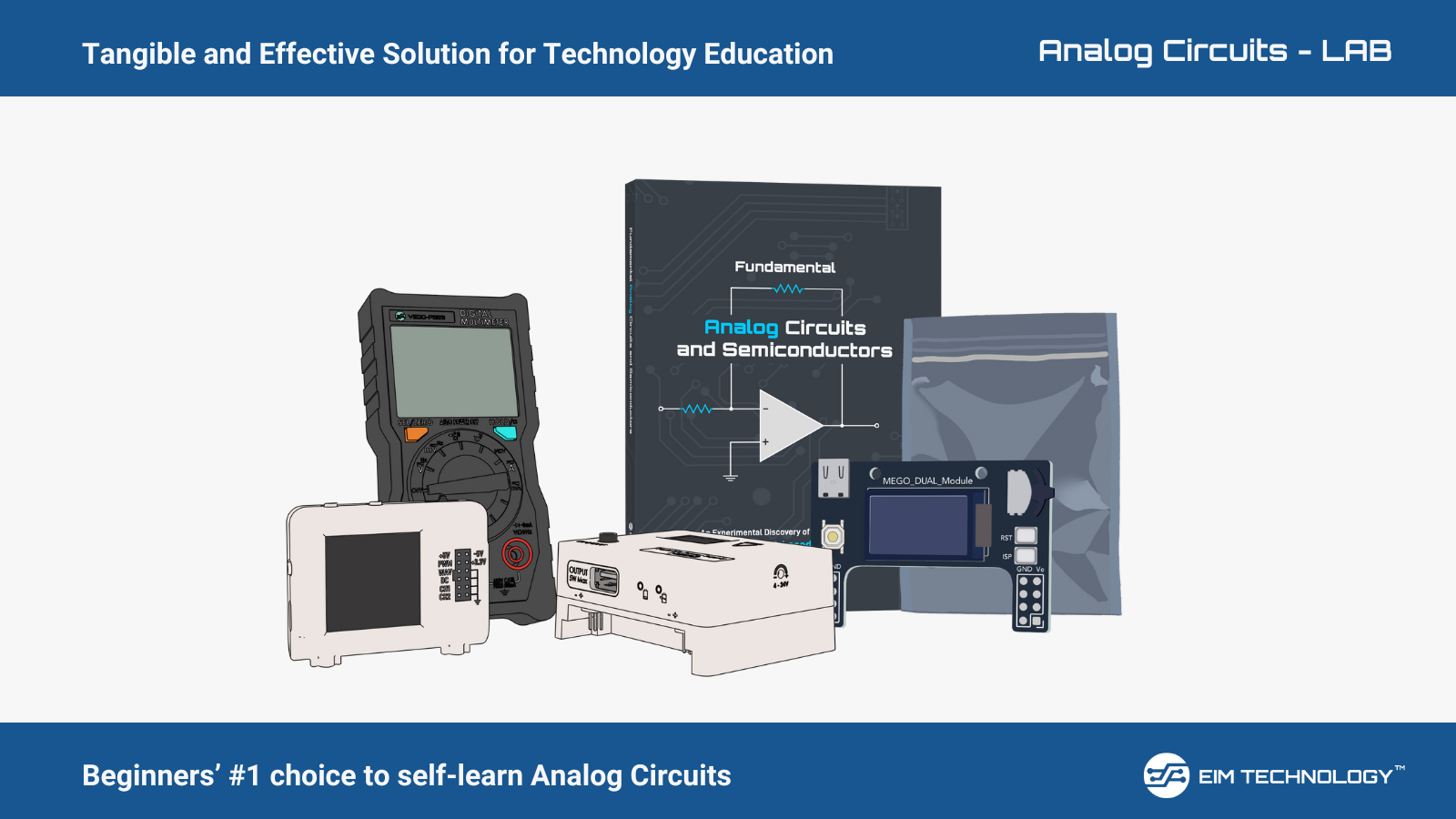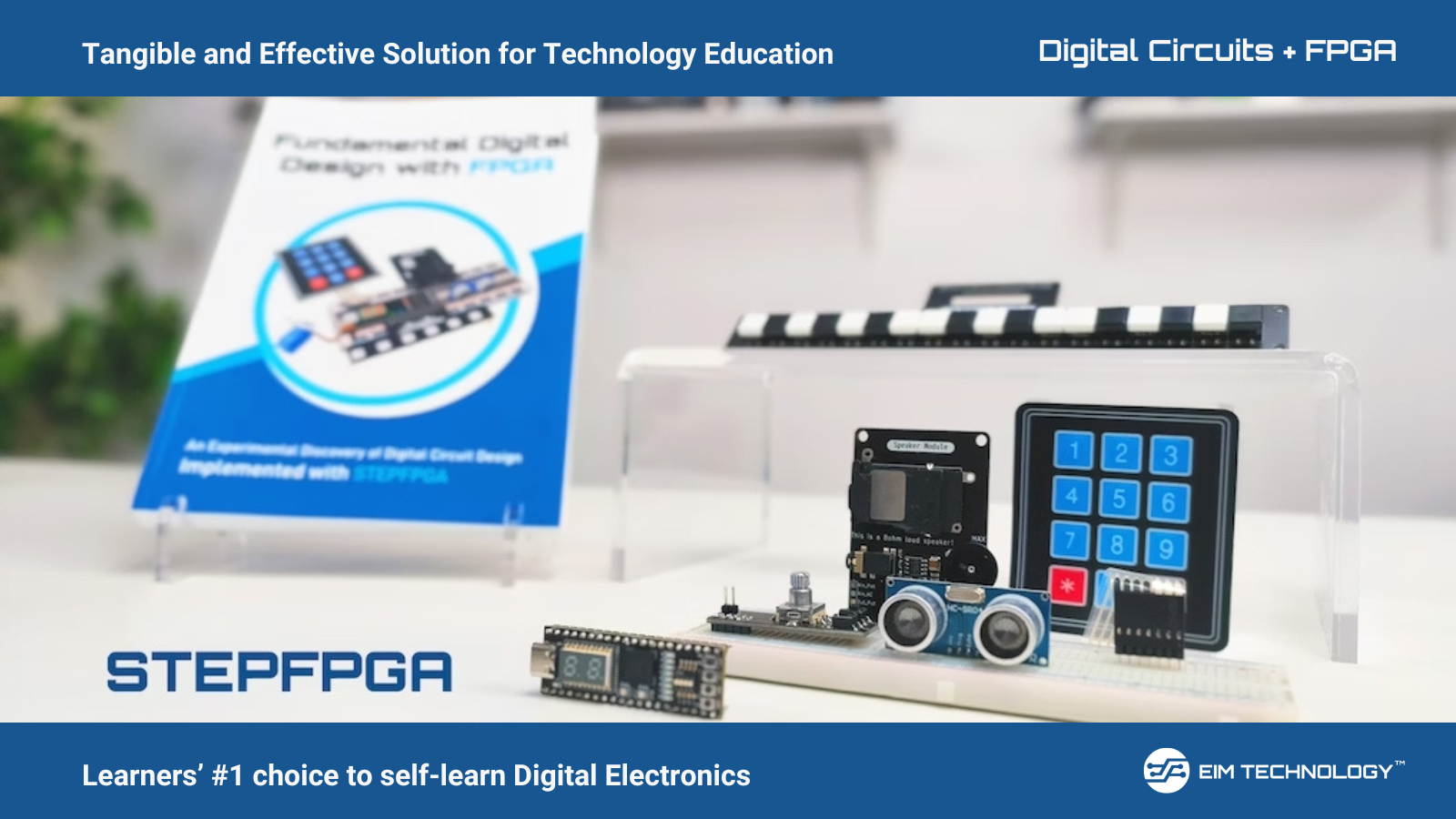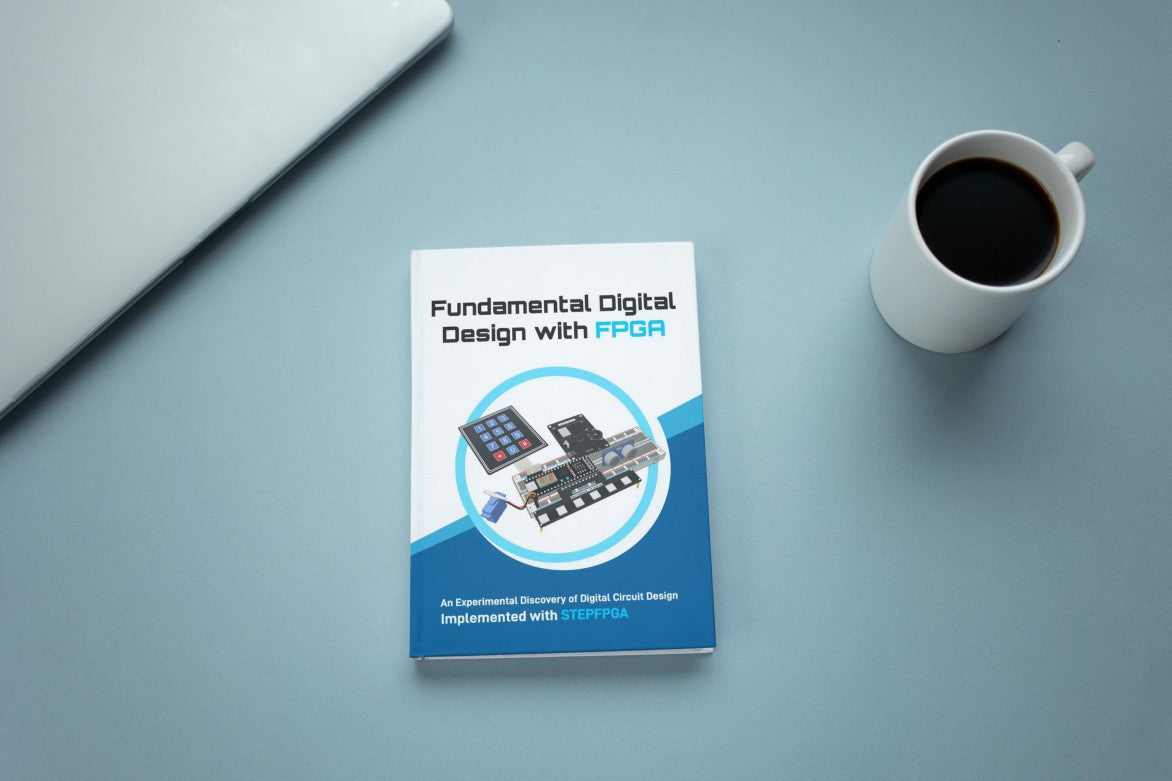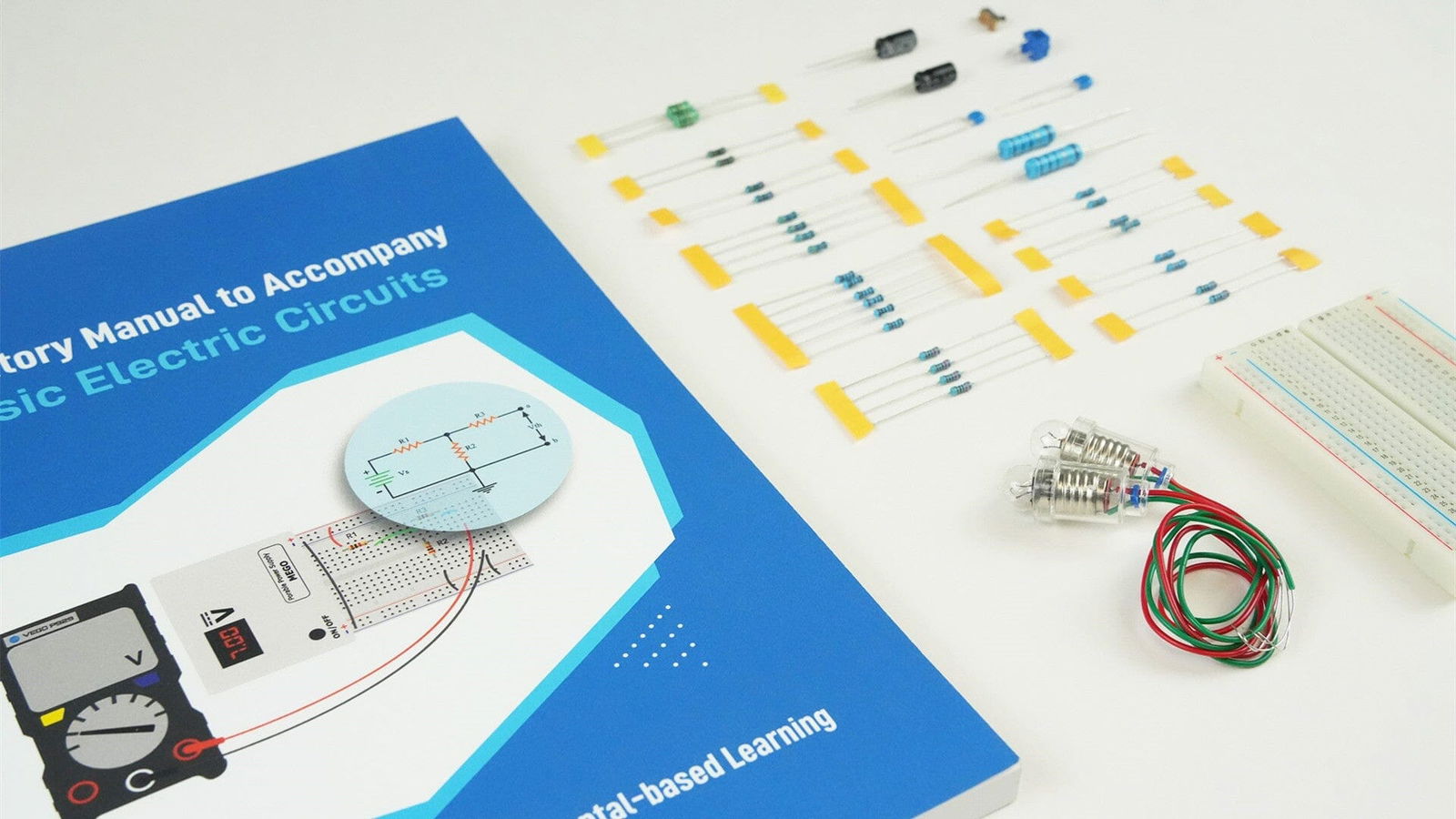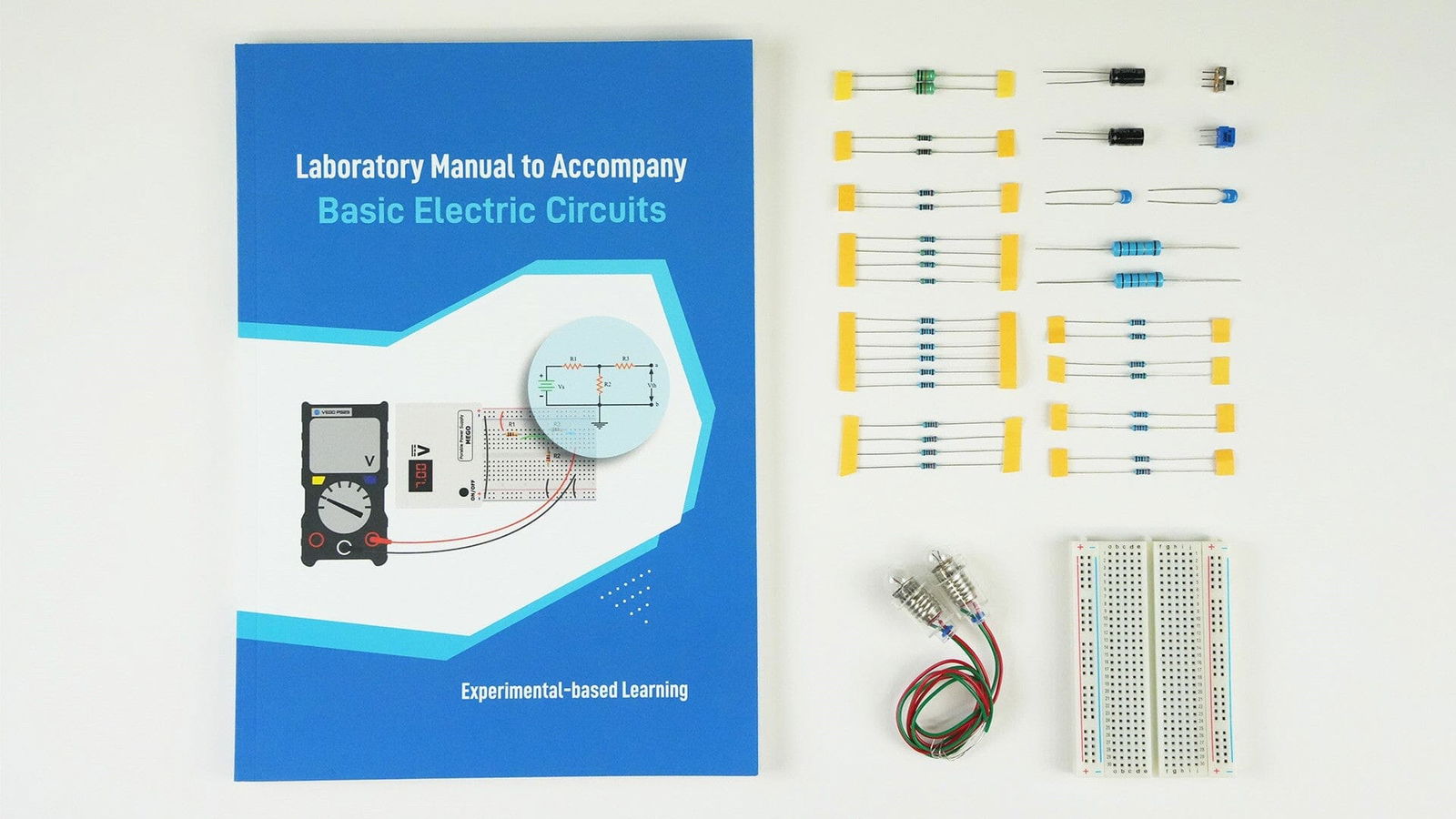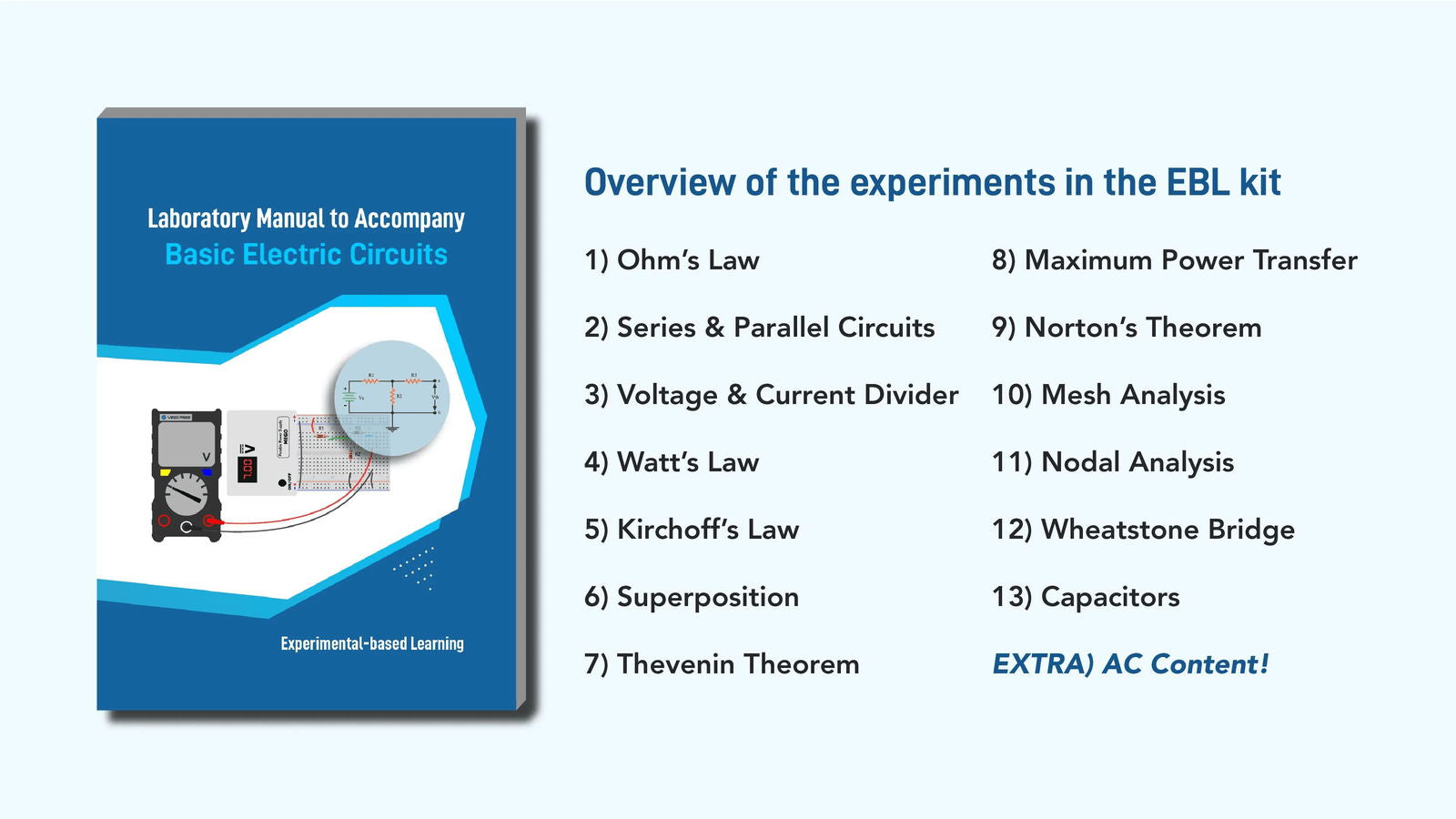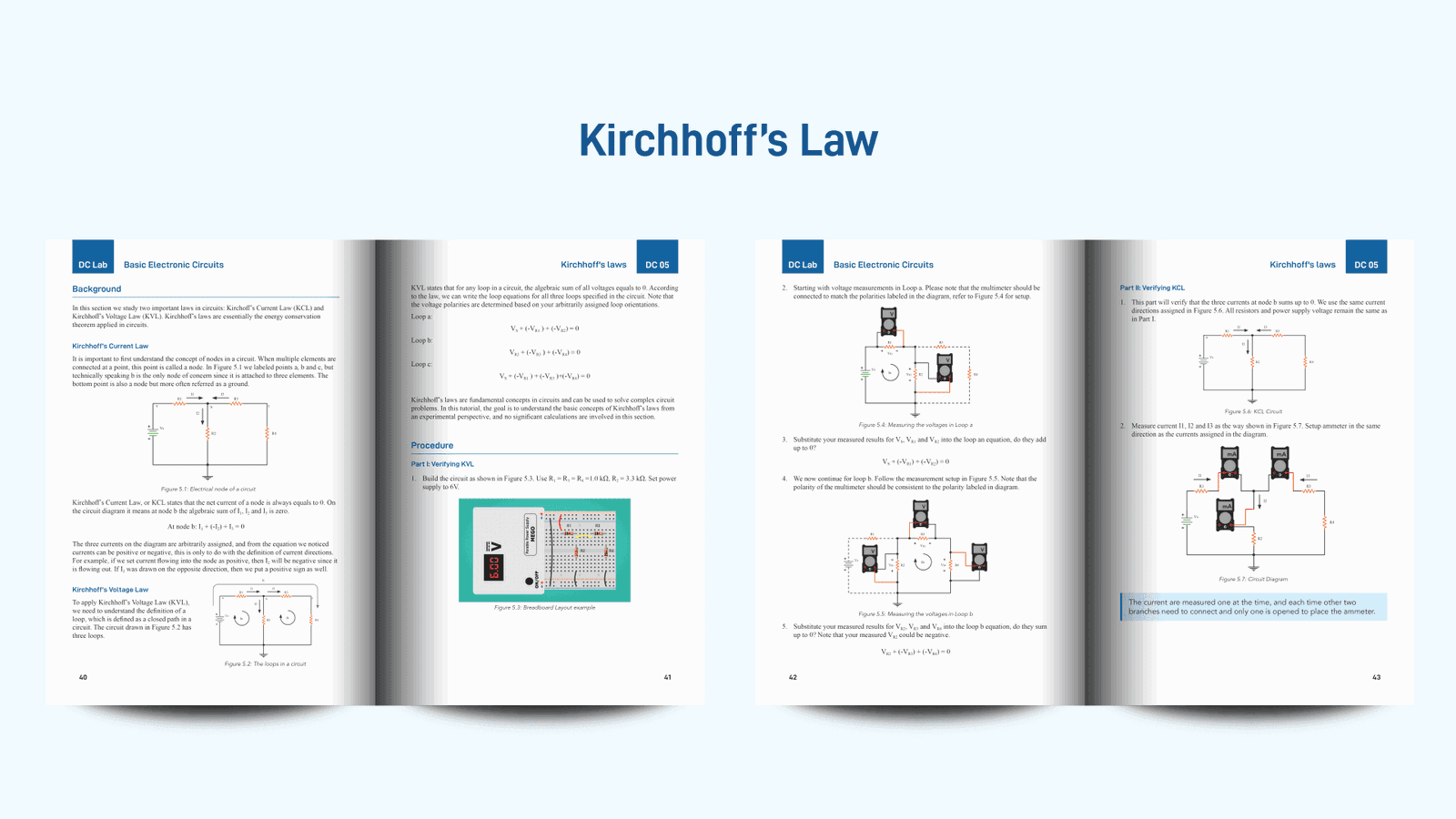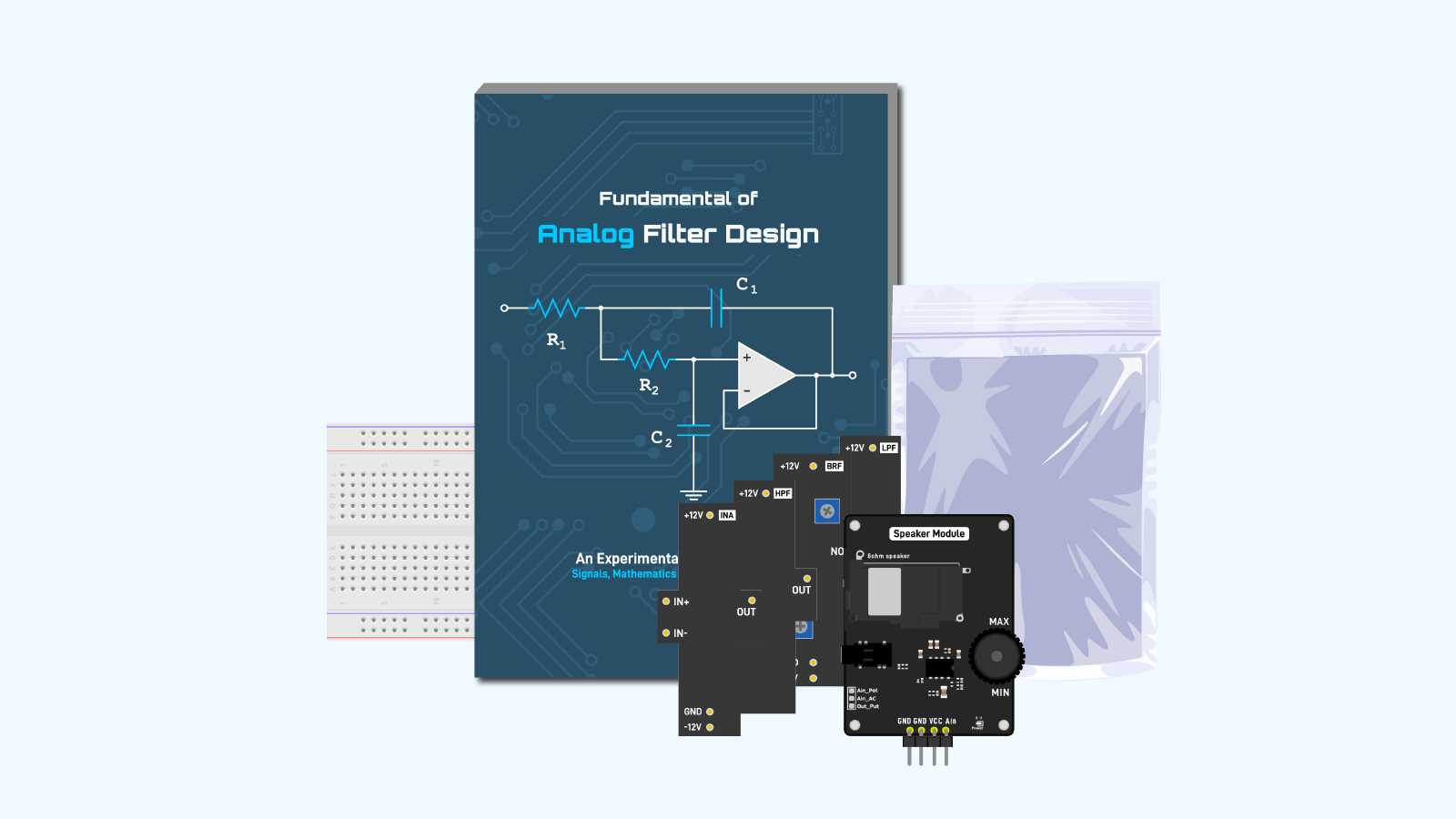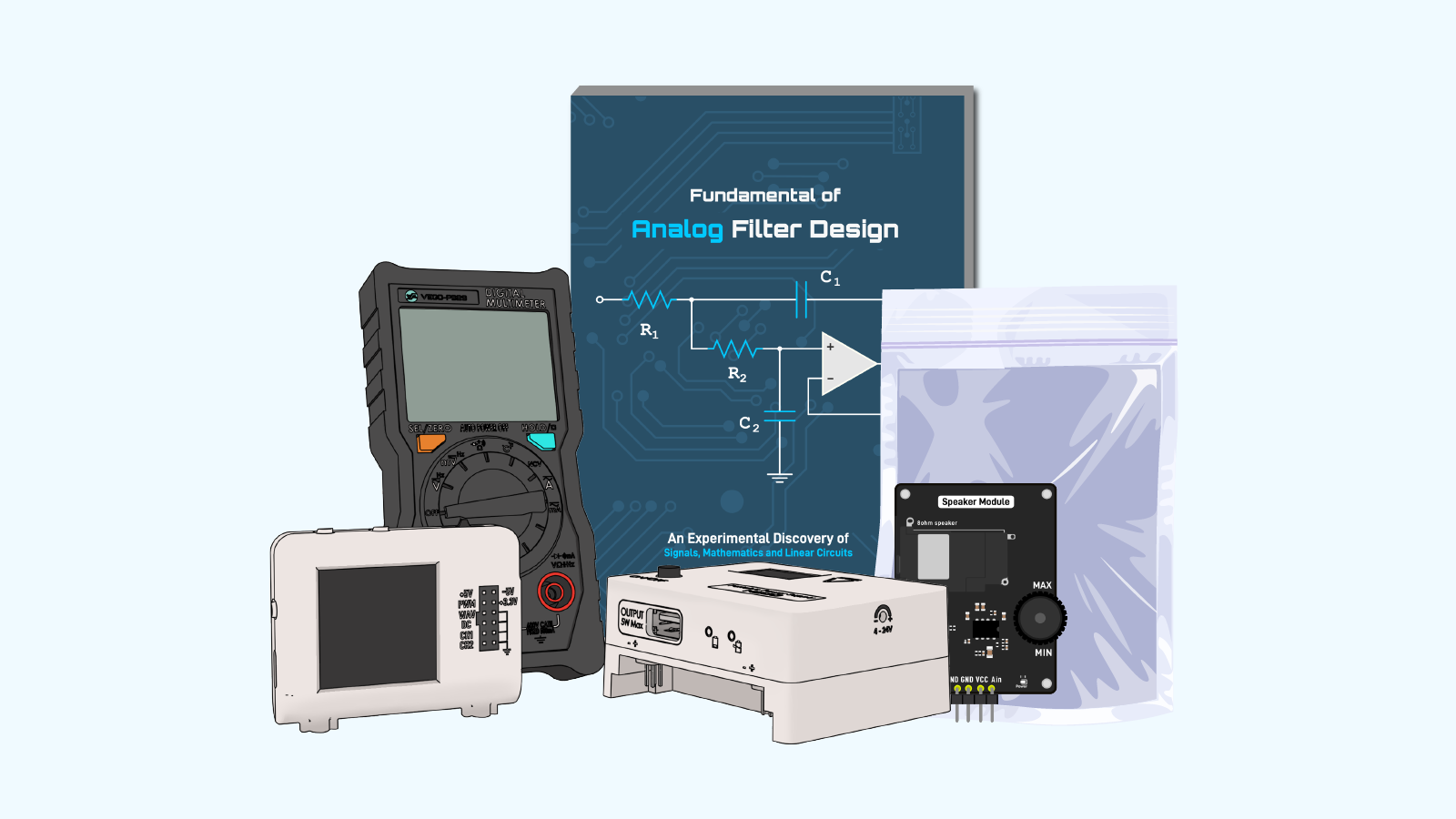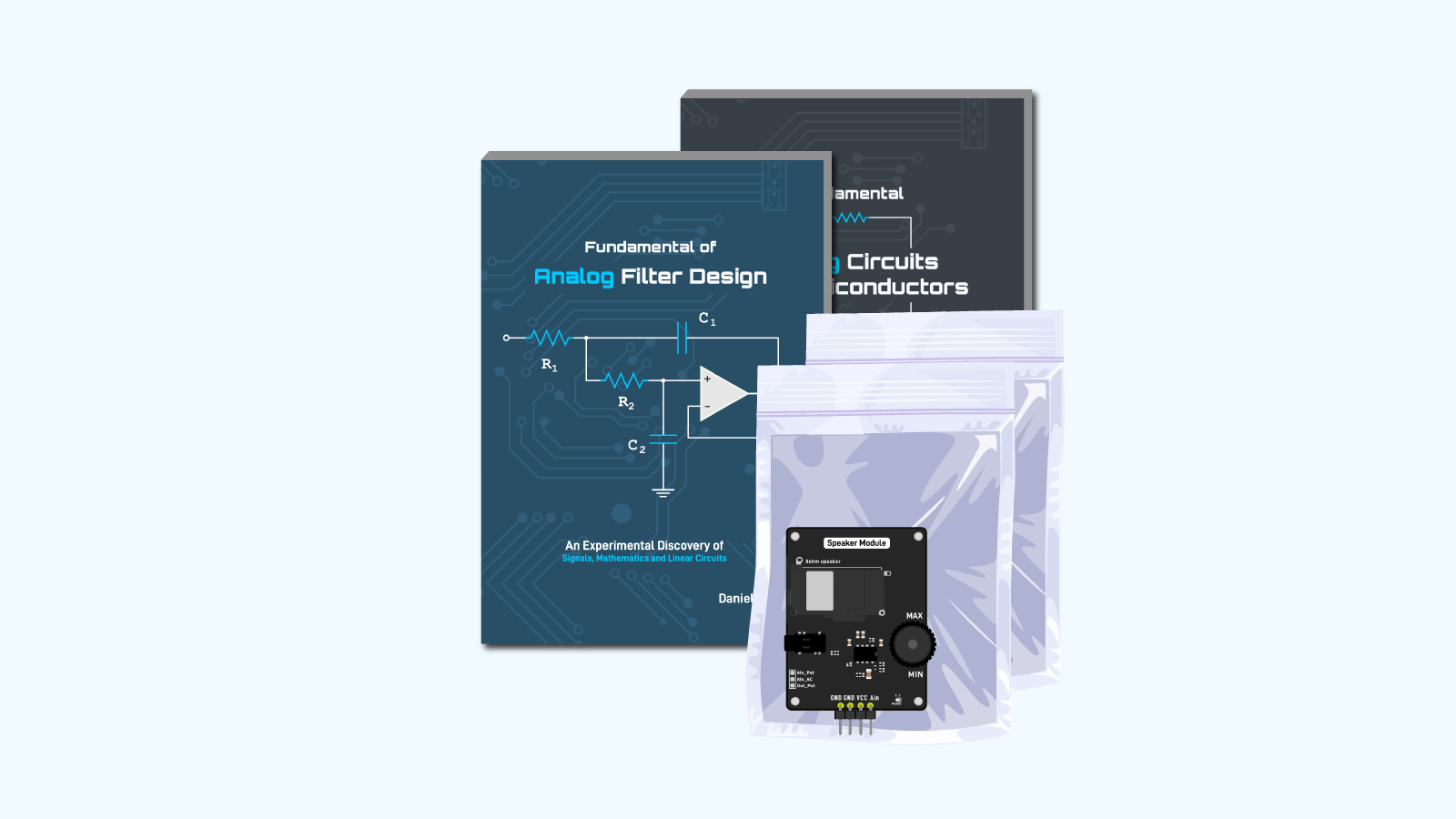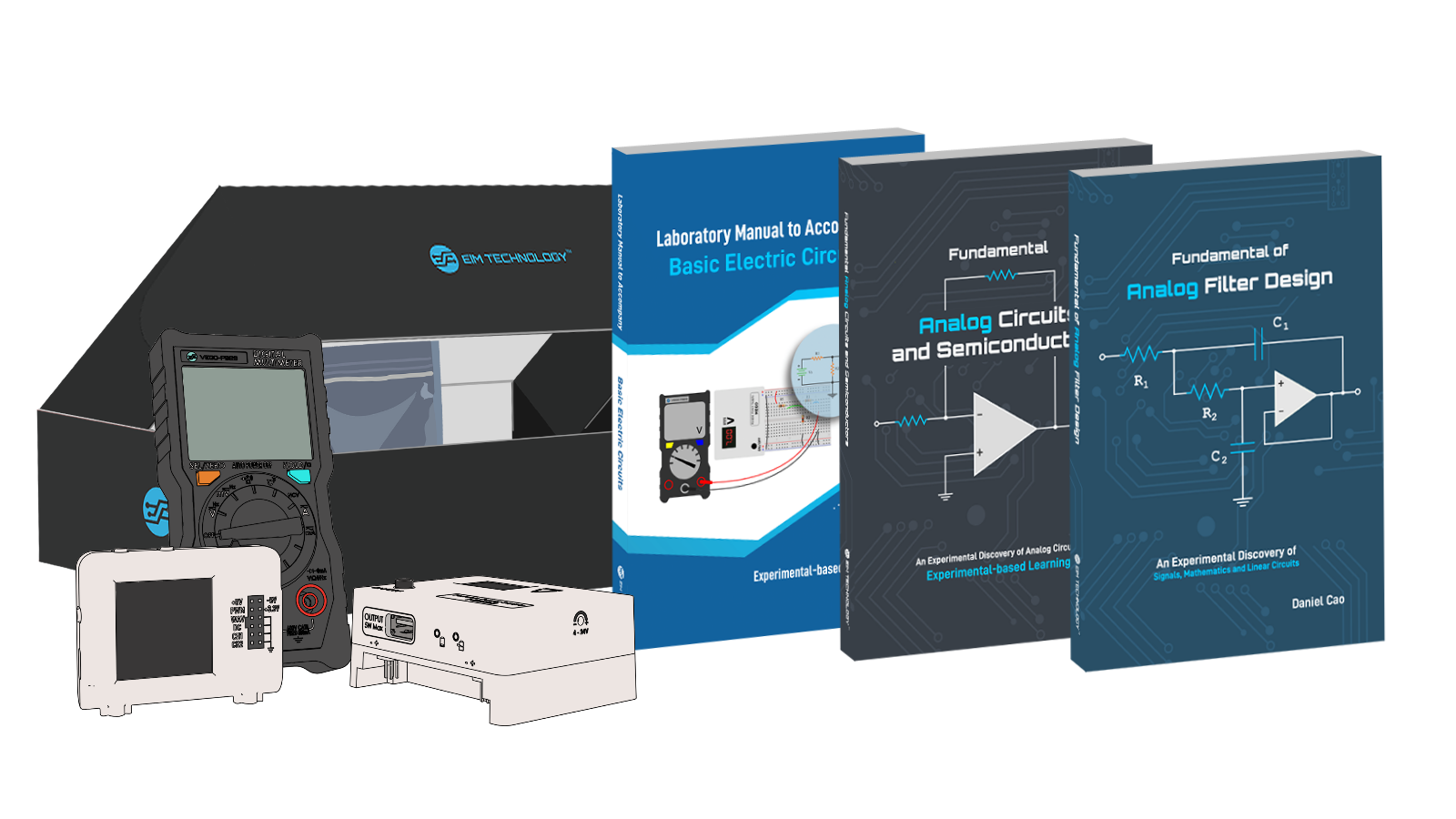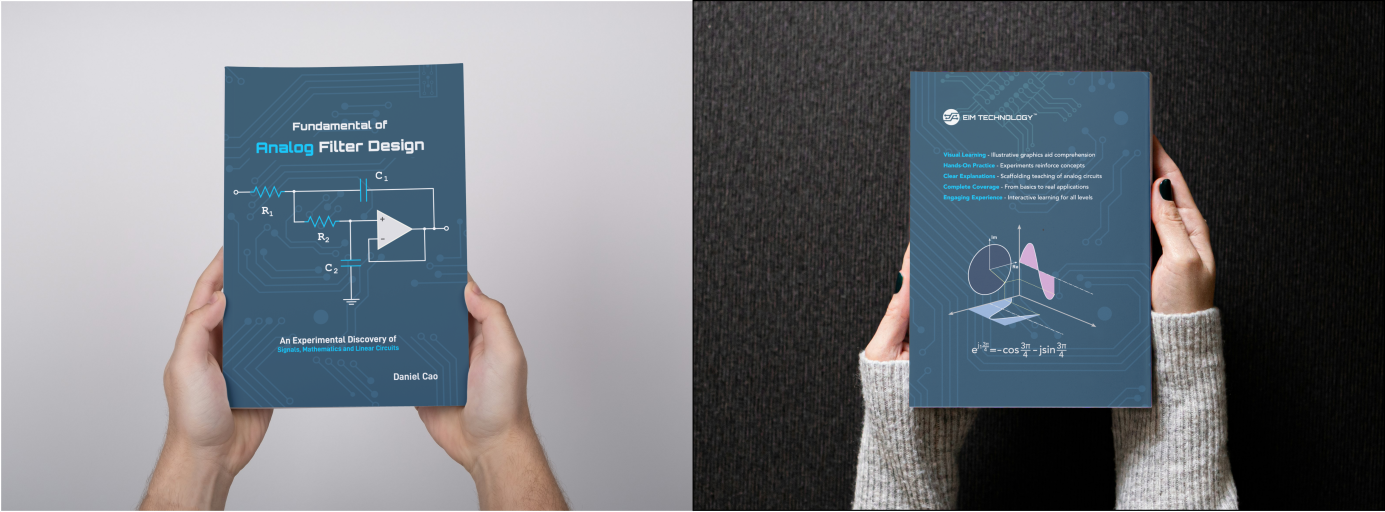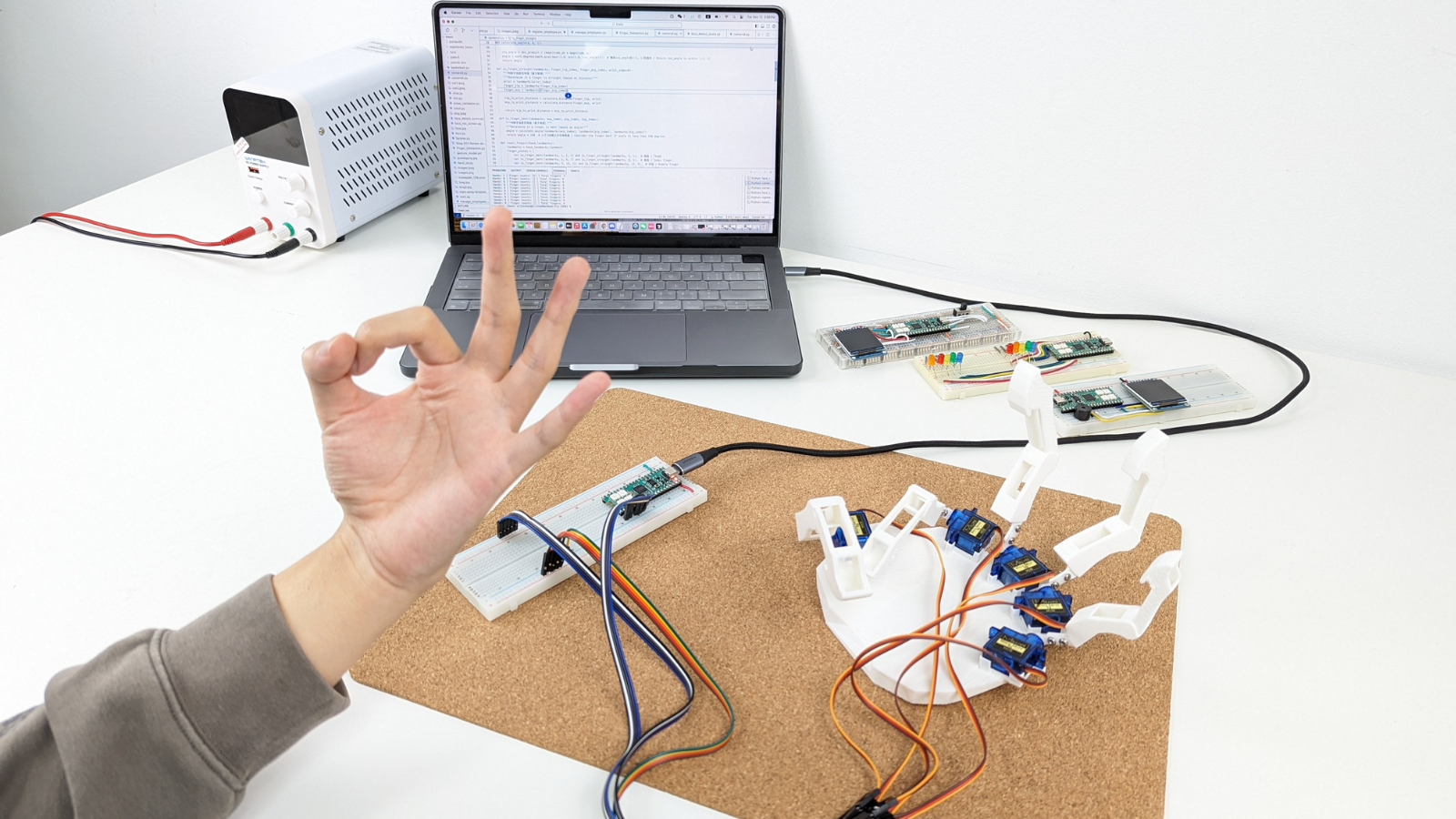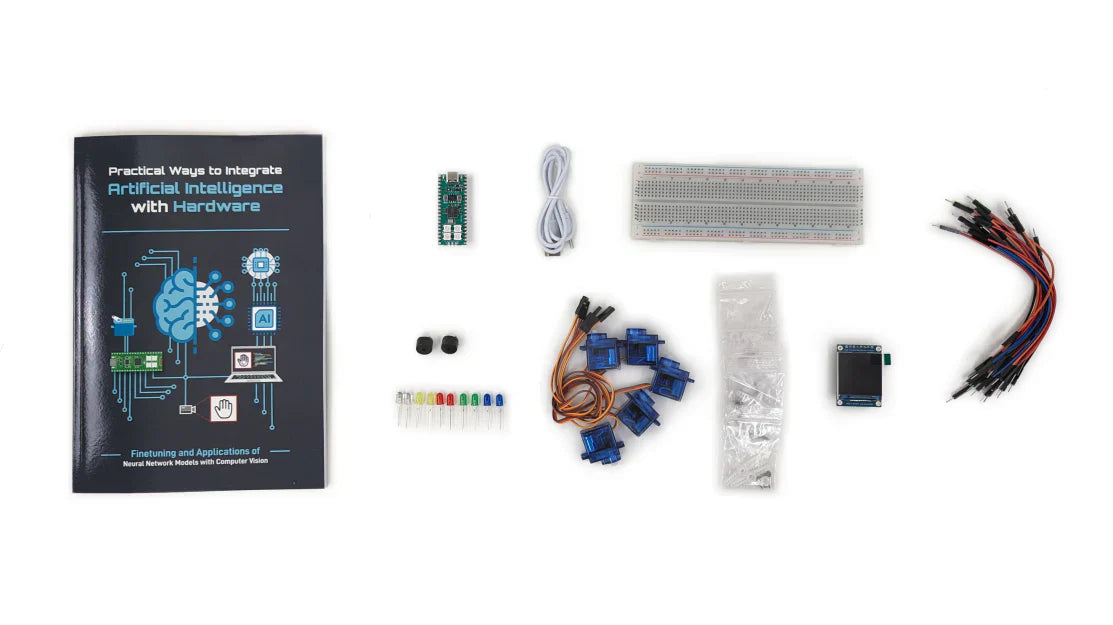In today’s world, it’s nearly impossible to find a field untouched by electronics. From healthcare to civil engineering, music to AI, electronics is the invisible force making things smarter, faster, and more efficient. That’s why we believe learning electronics, is no longer optional. It’s essential.
Electronics: The Core of Modern Engineering
Let’s start with something simple—a spring gauge sensor. This little device can detect minute changes in force and convert them into electrical signals. Sounds basic, right? But now imagine integrating this into a civil engineering project, like monitoring the load on a bridge in real time to prevent structural failure. Suddenly, that “simple” electronics concept becomes critical.
Or take AI-powered feedback systems. In mechanical or aerospace engineering, you can use AI to process real-time sensor data and then use control systems to adjust a machine’s behavior—like a robotic arm that responds instantly to changing conditions or a drone that stabilizes itself in turbulent wind.
Even in the music industry, electronics plays a starring role. Devices can detect the frequency of an instrument, analyze pitch accuracy, and automatically fine-tune to deliver studio-quality sound. What was once manual is now automated, accurate, and efficient.

Why Learn Electronics?
Let’s be honest—electronics can be tough. It’s abstract. It involves code. It demands practice, patience, and persistence. But let’s break it down a little to make it more approachable.
At its core, electronics is just about controlling the flow of electricity—like plumbing, but with electrons instead of water,
- Resistors slow down the flow, like narrow pipes.
- Capacitors store energy, kind of like water tanks
- Sensors are like electronic eyes and ears—they detect things like temperature, pressure, or light and convert them into electrical signals.
- Microcontrollers are tiny computers that make decisions based on those signals—like turning on a fan if a temperature sensor gets too hot.
And yes, you’ll do some coding, but think of it as teaching the microcontroller how to react—just like you’d teach someone to respond to different situations. The point is, once you start seeing the logic behind it, it gets easier. And once you’ve built your first working circuit or made your first smart project, the confidence boost is massive.
How to Learn Electronics?
The best way to truly grasp electronics isn’t by memorizing definitions or watching endless videos—it’s by building things with your own hands. Taking this Electronics with Biomedical Application Learning Kit as an example. It offers more than just tools—it offers a structured, real-world learning experience that shows how electronics powers innovation in healthcare.

This kit sits at the exciting intersection of electronics and biomedical engineering. Designed to bridge the gap between theory and real-life application, it invites learners to step into the role of a real-world innovator. Inside, you’ll find all the essential components needed to build your own biomedical devices, from sensors to a programmable microcontroller. But more importantly, it comes with a detailed, easy-to-follow guidebook that walks you through each project.
You'll begin by learning how to capture real-world biomedical signals—like heart rate or muscle movements—using sensors. As you progress, you’ll understand how to filter noisy data and clean it up using both hardware techniques and coding strategies. Finally, you’ll learn how to interpret the results to uncover meaningful patterns or responses, just like in real medical technology.

This approach helps you develop essential skills in sensor integration, embedded programming, signal processing, and biomedical data analysis. By the end of the journey, you'll not only know how these systems work—you’ll have built them yourself. Whether you're just starting out or already have some experience, this kit turns abstract learning into concrete understanding and prepares you for the future of technology in healthcare.
Perfect for students, educators, or curious minds, the Biomedical Learning Kit is more than a product—it’s a pathway into one of the most impactful, fast-growing fields of engineering today.



